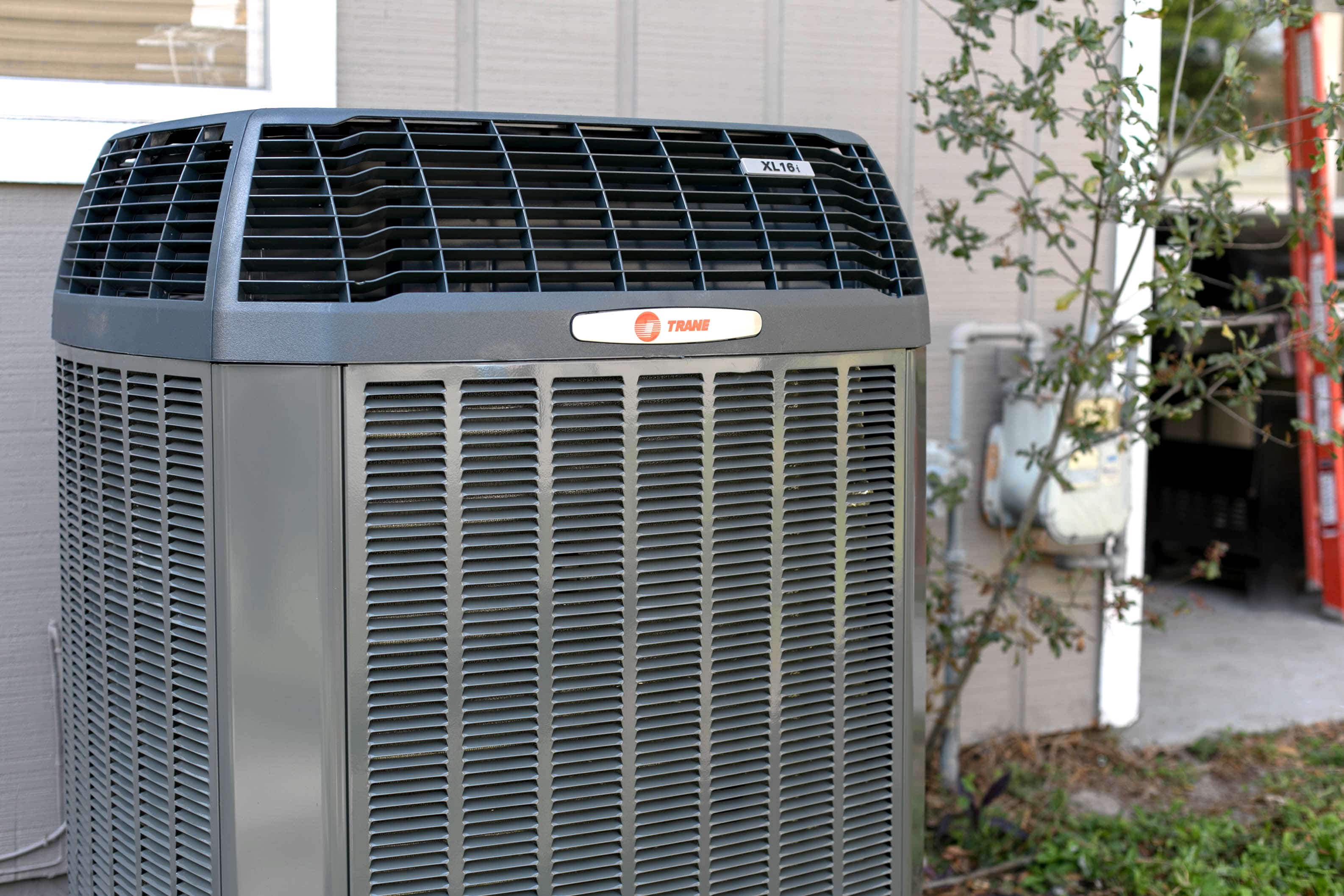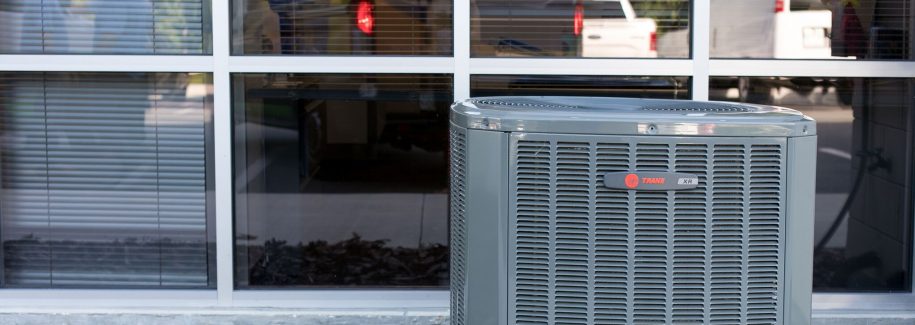Air conditioners are an amazing invention. Can you imagine living in North Central Florida prior to air conditioning? However, there are many myths about them. Everyone has their own “nugget of wisdom.†Although they may seem logical, many of the popular beliefs about air conditioners aren’t necessarily backed by facts. Read on to learn three of the most commonly held myths regarding air conditioners.
What Are the Most Common Myths About Air Conditioners?
This list isn’t exhaustive, but here are the most common myths about air conditioners.
1. Closing Vents In Unused Rooms Saves Energy
It makes sense logically. If you have an office or guest room in your house that you rarely use, why strive to keep it cool? You could save money by cooling less square footage and redirecting the air to help keep the other parts of your home cooler, right?
Closing your AC vents actually decreases your air conditioner’s efficiency. Whether a few vents are closed or not, the same amount of air is pushed through your ductwork by your system. This excess air in the ductwork causes pressure to build up and makes your HVAC system work harder to distribute the air to the other parts of your home.
Another issue is excess moisture build-up in your unused rooms. Living in Gainesville, FL, we have very high humidity during the summer months. A hot, humid environment in a room can cause damage to furniture, electronics, clothing, flooring, and walls. These conditions can also lead to mold growth.
Therefore, closing vents in unused rooms isn’t the best strategy.
2. Bigger Is Better
When it comes to the size of your air conditioning unit, bigger is not always better. Air conditioners must be tailored to the square footage of your home. An oversized unit reduces efficiency and causes higher indoor humidity and short cycling.

Short cycling is when your air conditioning unit starts and stops rapidly. This happens because an oversized unit cools your house too quickly — causing drastic temperature swings. Short cycling causes issues with your unit over time through unnecessary wear and tear.
Another issue with rapid cooling is that your house will not be cooled evenly. This means you will have some areas of your home that are overly frigid and other areas that are blazing hot.
3. Set Your Thermostat High When You’re Not Home
Another common misconception is to turn your thermostat up when you’re not home during the day or when you go on a trip. Although it’s true you can set your thermostat slightly warmer to conserve energy, setting your thermostat high in the morning and then cranking it back down when you return in the evening makes your air conditioner work harder.
Think about it this way: it’s way easier for your unit to maintain a cooler, consistent temperature than to cool it back down again, causing it to use more energy and creating more wear and tear. Another issue is excess humidity build-up, especially when you go out of town for a few days. In Florida’s climate, humidity levels can build up in your home far too quickly and cause mold growth or damage to drywall within days.
It’s okay to turn your thermostat up a couple of degrees when you’re not home, but don’t overdo it. For example, if you like to keep your thermostat at 73℉ while you’re home, set it to 75℉ while you’re gone. Most new systems also have schedules you can program on their thermostats so you can have a slightly warmer home during work hours and have it cool again by the time you return.
Contact Gator Air and Energy for All Your Air Conditioning Needs
At Gator Air & Energy, we can help you with all your air conditioning needs, including emergency AC repair, AC maintenance, or AC installation. Our repair services start with proper diagnostics followed by clear advice to help you determine the best solution.
Allowing us to provide routine maintenance every 6-12 months will also help you prevent unnecessary repairs. Please reach out to us today for all your air conditioning repair service needs here in Gainesville, Florida, and the surrounding areas.





